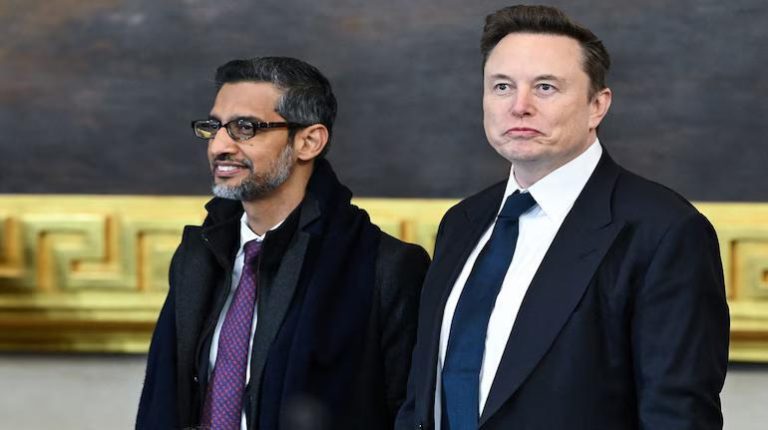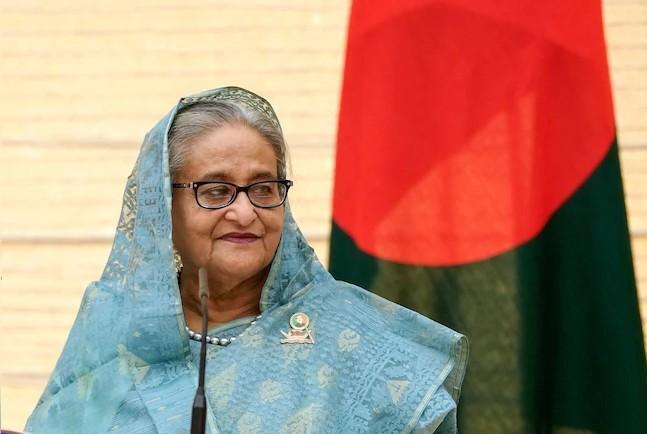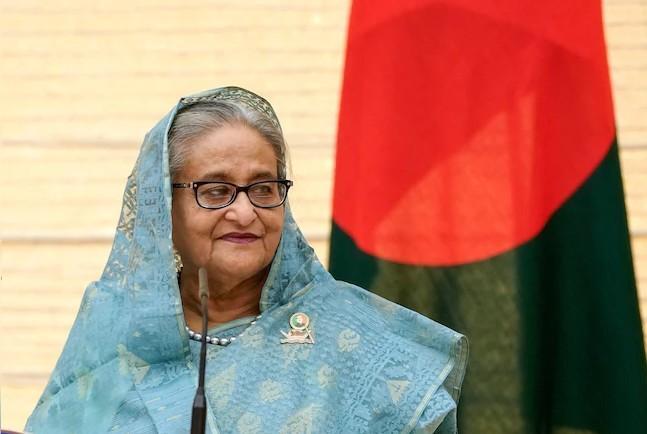
Title: Hotmail Co-founder says ‘truth=anti-India’, Goenka replies ‘Living in US & lecturing us?’
In a recent tweet, Sabeer Bhatia, the co-founder of Hotmail, sparked controversy by stating that in India, those who speak the truth are often termed “anti-national”. He further added, “Then who’s a national? The one who lies to you?” The comment has left many Indians questioning his statement, with some calling it out for being misleading and others defending his right to express his opinion.
Billionaire Harsh Goenka, chairman of RPG Enterprises, was quick to respond to Bhatia’s tweet. Goenka, who is a vocal critic of the current Indian government, fired back at Bhatia, saying, “Living in California and lecturing a billion Indians back home?…India doesn’t need sermons from those who packed up and left.”
Goenka’s response was met with widespread approval from many Indians who felt that Bhatia was out of touch with the realities of the country. Many pointed out that Bhatia, who has been living in the United States for a long time, may not have a deep understanding of the current political climate in India. Others felt that Bhatia’s comment was an attempt to deflect attention from the real issues plaguing the country.
It’s worth noting that Bhatia’s statement has been widely criticized by many Indians, including politicians and journalists. Many have pointed out that the term “anti-national” is often used by the government to silence dissenting voices and suppress free speech. Others have argued that Bhatia’s comment is an example of the kind of “elitist” thinking that is common among many Indians who live abroad.
Goenka’s response has also been praised by many for being a powerful and timely critique of Bhatia’s statement. Goenka, who has been a vocal critic of the government’s handling of various issues, including the economy and foreign policy, has a reputation for speaking his mind and standing up for what he believes in.
The controversy surrounding Bhatia’s statement highlights the complex and sensitive issue of national identity in India. Many Indians feel that the government has been attempting to suppress dissenting voices and stifle free speech, while others believe that the government is simply trying to protect the country from external threats.
The debate surrounding Bhatia’s statement also raises questions about the role of social media in shaping public opinion. Many have argued that social media platforms have enabled people to express their opinions and connect with others around the world, but they have also created a culture of instant gratification and a tendency to react impulsively.
In conclusion, the controversy surrounding Bhatia’s statement highlights the complex and sensitive issue of national identity in India. While Bhatia’s comment was intended to spark a debate about the importance of speaking the truth, Goenka’s response has raised important questions about the role of outsiders in lecturing Indians about what it means to be a national.
As the debate continues to unfold, it’s clear that there are no easy answers. However, one thing is certain – the issue of national identity is a complex and sensitive one that requires careful consideration and thoughtful debate.






